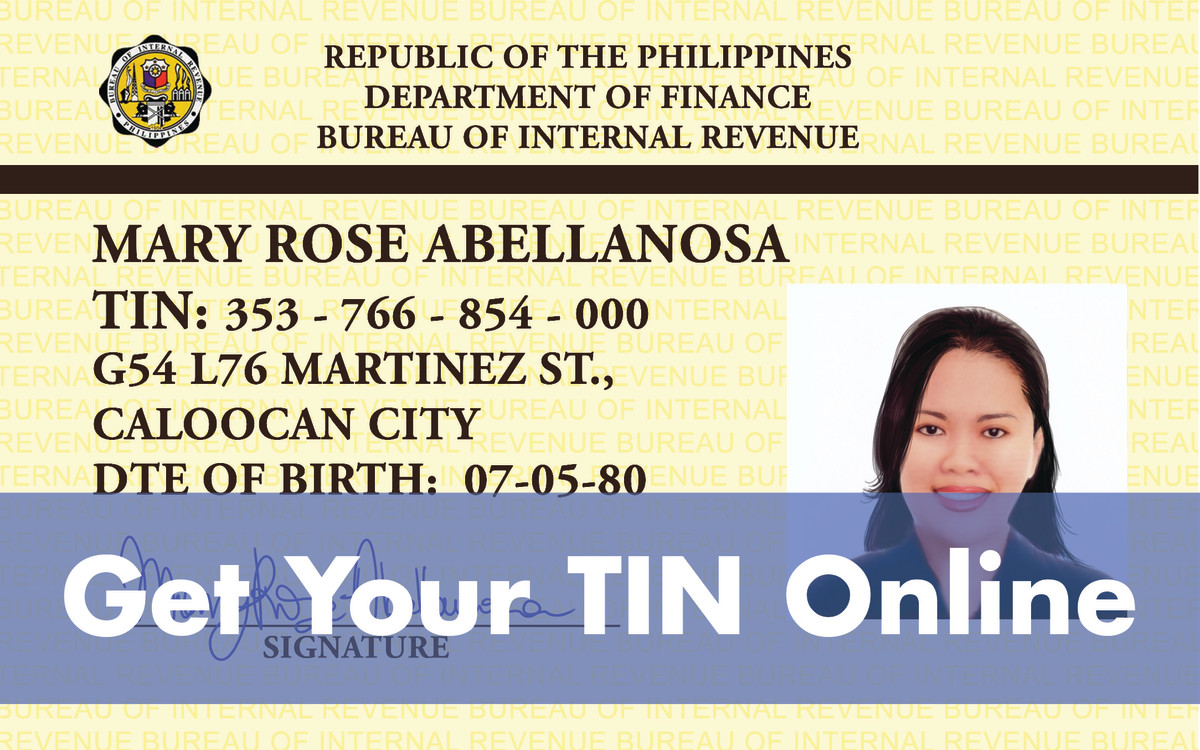

Illegal CSPs can be seen as the proverbial needle in a haystack. Over one million persons act as directors of companies in the Netherlands, and only a few hundreds or thousands provide illegal corporate services. The size of this illegal CSP industry is, however, unclear. Anecdotal evidence suggests that this decline in licensed CSPs has been at least partially offset by CSPs that operate without a license.



Parallel to this development, the total number of licensed CSPs have decreased by 46%, from 192 in October 2013 to 103 in January 2020, while the costs of supervision-which are borne by CSPs and involve inspecting CSPs and examining signals of illegal activities (see Sect. Over the last decade, the Dutch government and the Dutch central bank have gradually been tightening the regulation and supervision of the CSP industry. Footnote 2 Here, we focus on the provision of nominee directors-CSPs managing companies on behalf of a client-and refer to unlicensed CSPs as illegal CSPs.
#Bvd id number license
The provision of these services without a license is considered illegal. Footnote 1 In the Netherlands, the Act on the Supervision of Trust Offices 2018 (“Wet toezicht trustkantoren”-Wtt 2018) specifies five types of corporate services that require a license: “Being a director/partner of a legal entity/company providing an address or postal address for an object company and performing additional activities, such as record-keeping or preparing and filing tax returns selling or intermediating in the sale of legal entities acting as a trustee and the provision of a conduit company.”. Given the potential of CSPs to enable economic crime, the provision of CSP services requires a license and is subject to supervision by the Dutch central bank (“De Nederlandsche Bank”, DNB). The use of CSPs is usually legitimate, but without proper control, CSPs may provide opportunities (often unintentionally) to their clients to conceal their identity and/or the nature of their activities. The Netherlands has a significant CSP industry. Such entities can be directly incorporated and managed by the ultimate beneficial owner, or alternatively, the incorporation and management of corporate entities can be delegated to corporate service providers (CSPs, ‘Trustkantoren’ in Dutch). Our analysis provides a tool to regulators to improve detection and prevention of economic crime, and can be extended to the estimation of other illegal activities.Įconomic crimes such as money laundering, terrorism financing, tax evasion or corruption almost invariably involve the use of a corporate entity. We manually annotate a sample of the potential illegal CSPs and estimate that illegal CSPs constitute 31–51% of the total number of CSPs and manage 19–27% of all companies managed by CSPs. Similarity is computed based on their position within the network of directors, companies and addresses, and the characteristics of such entities. For this, we develop a classification method to detect potentially illegal CSPs based on their similarity with licensed CSPs. In this paper, we estimate the size of the illegal CSP sector in the Netherlands. Given this potential for enabling economic crime, the CSP industry in the Netherlands is heavily regulated and CSPs require a license to operate. Such entities are regularly incorporated and managed by corporate services providers (CSPs). Economic crimes such as money laundering, terrorism financing, tax evasion or corruption almost invariably involve the use of a corporate entity.


 0 kommentar(er)
0 kommentar(er)
